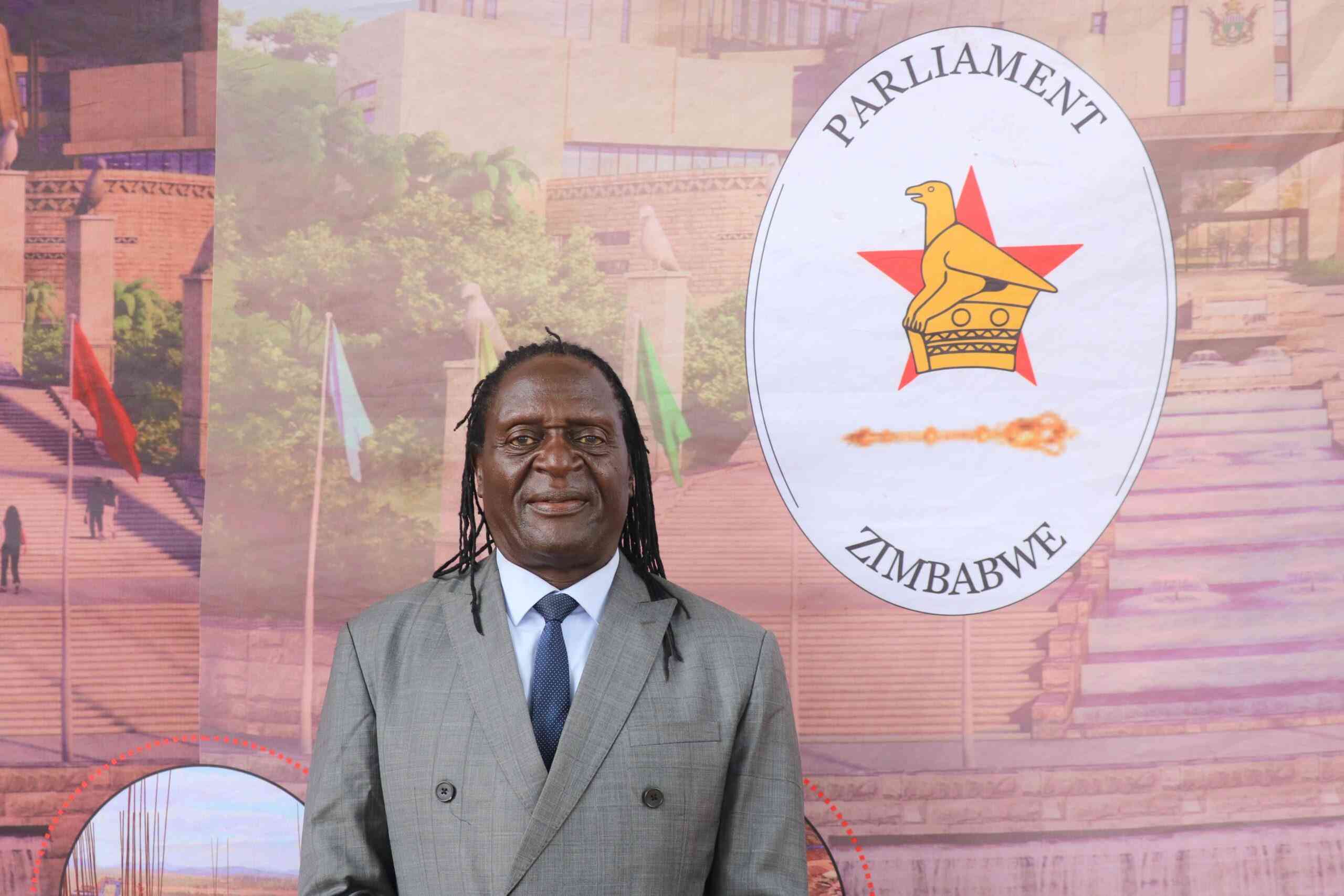
THE embers of hope in Zimbabwe’s mineral-rich communities are suddenly ablaze, as they celebrate resuscitation of community share ownership trusts (CSOTs), it has emerged.
In a recent gathering of community experts, including legislators and legal practitioners from Buhera, Mberengwa, and Mutoko districts, the call to bring back CSOTs dominated the proceedings of a two-day workshop organised by Silveira House.
“Re-igniting CSOTs is the proper way to go,” said Remigious Matangira, chairperson of the Parliamentary Portfolio Committee on Mines and Minerals and MP for Bindura South, setting the tone of the proceedings of a two-day workshop.
“If they are revived and helped to improve in functioning well, they should be able to live up to their promise as the hope of our communities.”
From the outset, it was clear that the meeting was a testament to the communities’ resilience and determination to reclaim their stake in the mining industry.
“By their nature, CSOTs are meant to share the benefits of mining with communities, and this needs to improve going forward, even the smallest of shares would make a real difference to our communities,” said Diana Mavunduse, a community expert from Mberengwa district.
Buhera North constituency legislator Phillip Guyo pointed added that the lack of an independent oversight in the current system enables companies to self-regulate, denying communities the full benefits they deserve.
“The absence of transparent, third-party monitoring allows mining companies to prioritise their own interests over the rightful entitlements of local communities, bringing into question again the seriousness of corporate social responsibility models,” he said.
- Chamisa under fire over US$120K donation
- Mavhunga puts DeMbare into Chibuku quarterfinals
- Pension funds bet on Cabora Bassa oilfields
- Councils defy govt fire tender directive
Keep Reading
“This undermines the equitable distribution of resource wealth that should be the cornerstone of CSOTs.”
Tichatonga Nyangu, a Mutoko district CBO co-ordinator, echoed similar sentiments, expressing frustration over the limited development impact of mining activities in his region.
He noted that the level of support and intervention they are seeing from the mining sector is simply not enough.
The important role of traditional leadership structures in driving the success of CSOTs was also highlighted during the meeting.
Legal expert and also secretary-general of the Association of CSOTs, Clever Mandizvidza, reminded the meeting that traditional leaders under the auspices of the Traditional Leaders Act should be capacitated more in helping drive CSOTs in terms of governance, transparency and accountability.
“Empowering traditional leaders through capacity building with the right tools and resources will strengthen community-driven governance and accountability within CSOTs,” said Mandizvidza.
The CSOTs were introduced in Zimbabwe in 2010 under the Indigenisation and Empowerment Act, as a mechanism to ensure that local communities benefited from the extraction of mineral resources in their areas.
The concept was meant to empower communities and provide them with a direct stake in the mining industry.
However, over the years, the trusts have been plagued by issues of transparency, poor governance and a lack of meaningful support from mining companies and the government.
There were increased calls to phase out CSOTs.
However, Silveira House, in partnership with other stakeholders, strongly advocated against the proposed closure of the concept of CSOTs by highlighting the critical importance of community-led development initiatives through improved governance and corporate structures.
The community experts’ meetings’ outcomes in Chishawasha were expected to have a significant impact and bearing on the final version of the Mines and Minerals Bill, which is seen as a crucial step in moving away from the outdated colonial-era mining laws of 1961.
The new Economic Empowerment Bill’s incorporation of CSOTs has further reinvigorated community hopes for a more equitable and transparent future, with key stakeholders recently crafting an implementation framework in Chinhoyi, signalling a renewed commitment to community-driven development and good governance.
“The integration of CSOTs into the Economic Empowerment Bill is a pivotal step towards empowering communities and instilling greater transparency and accountability in local development initiatives,” Mandizvidza said.
Leading CSOT models in southern Africa include Botswana’s Community-Based Natural Resource Management, Namibia’s Conservancy Programme and South Africa’s Bafokeng Land Royalties Trust.
“With the right tools and reforms, communities hope to finally achieve the equitable, accountable and transparent future they have long deserved,” said Bhekimpilo Mangena, a Mberengwa-based community expert.










